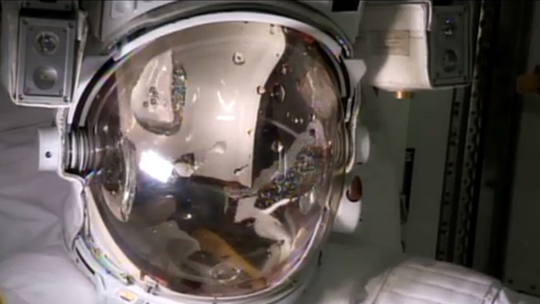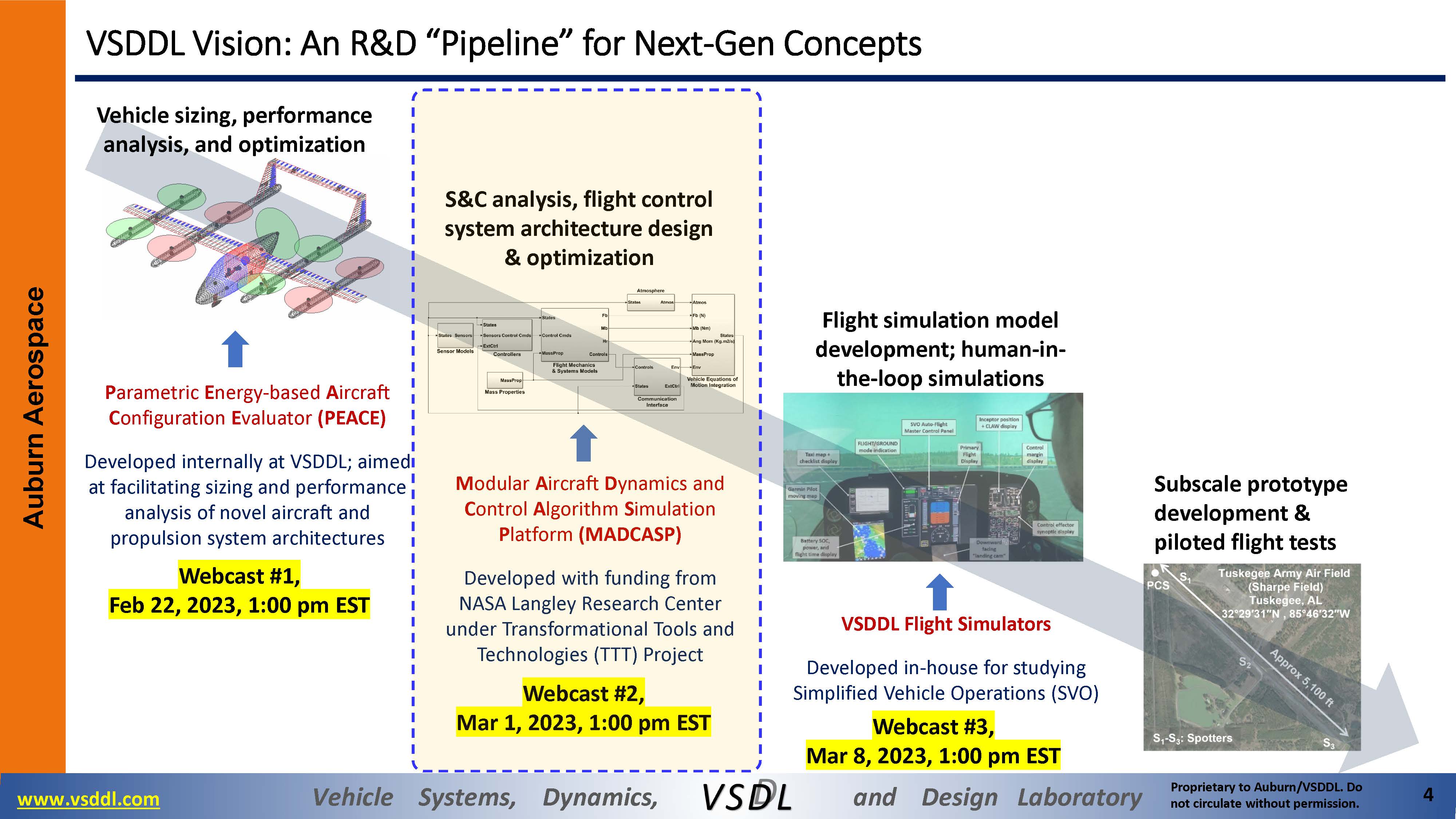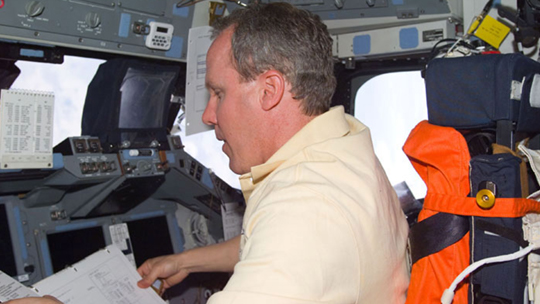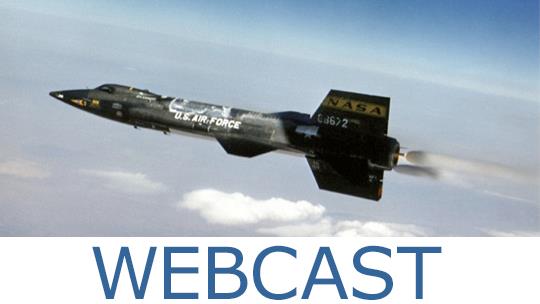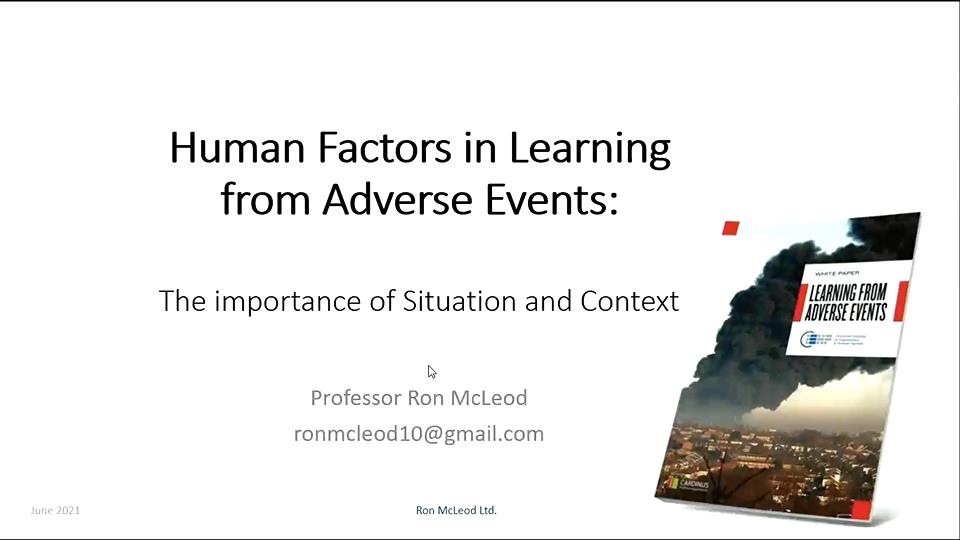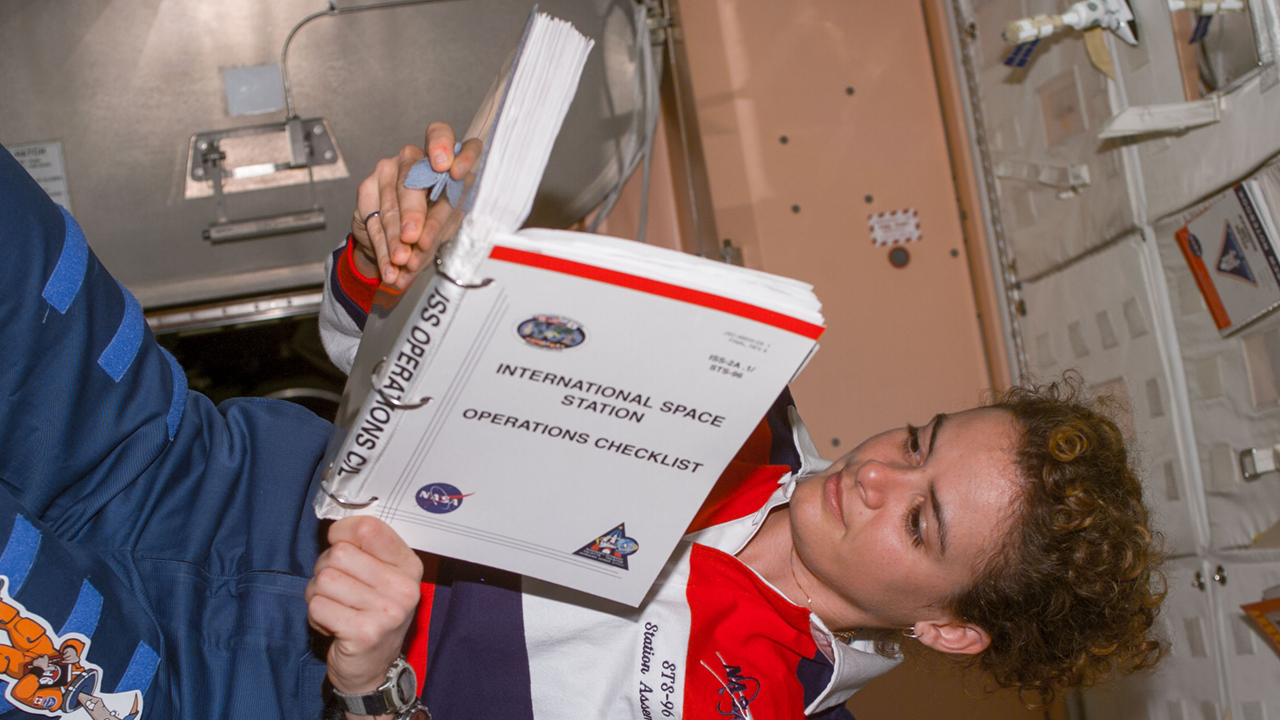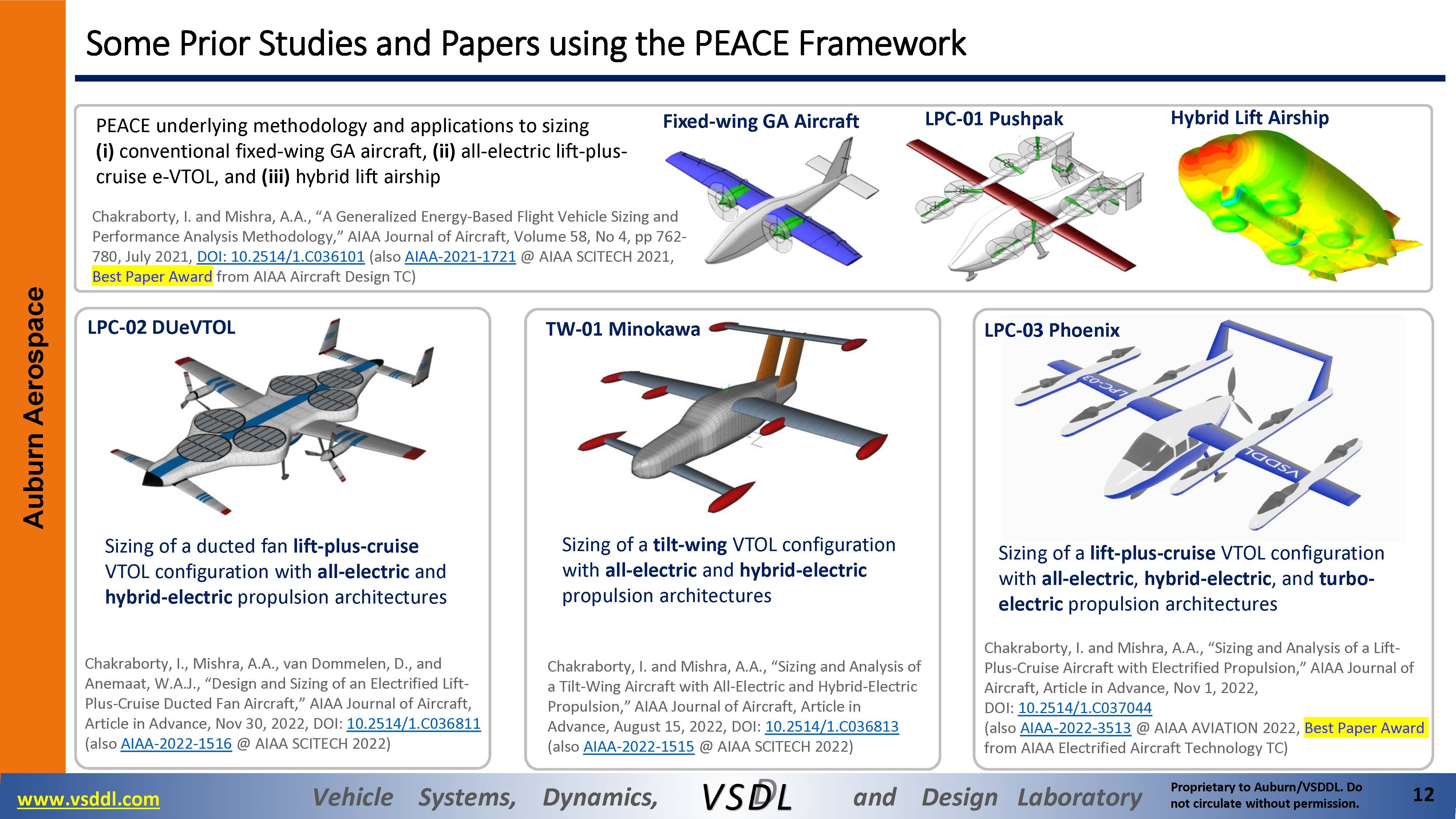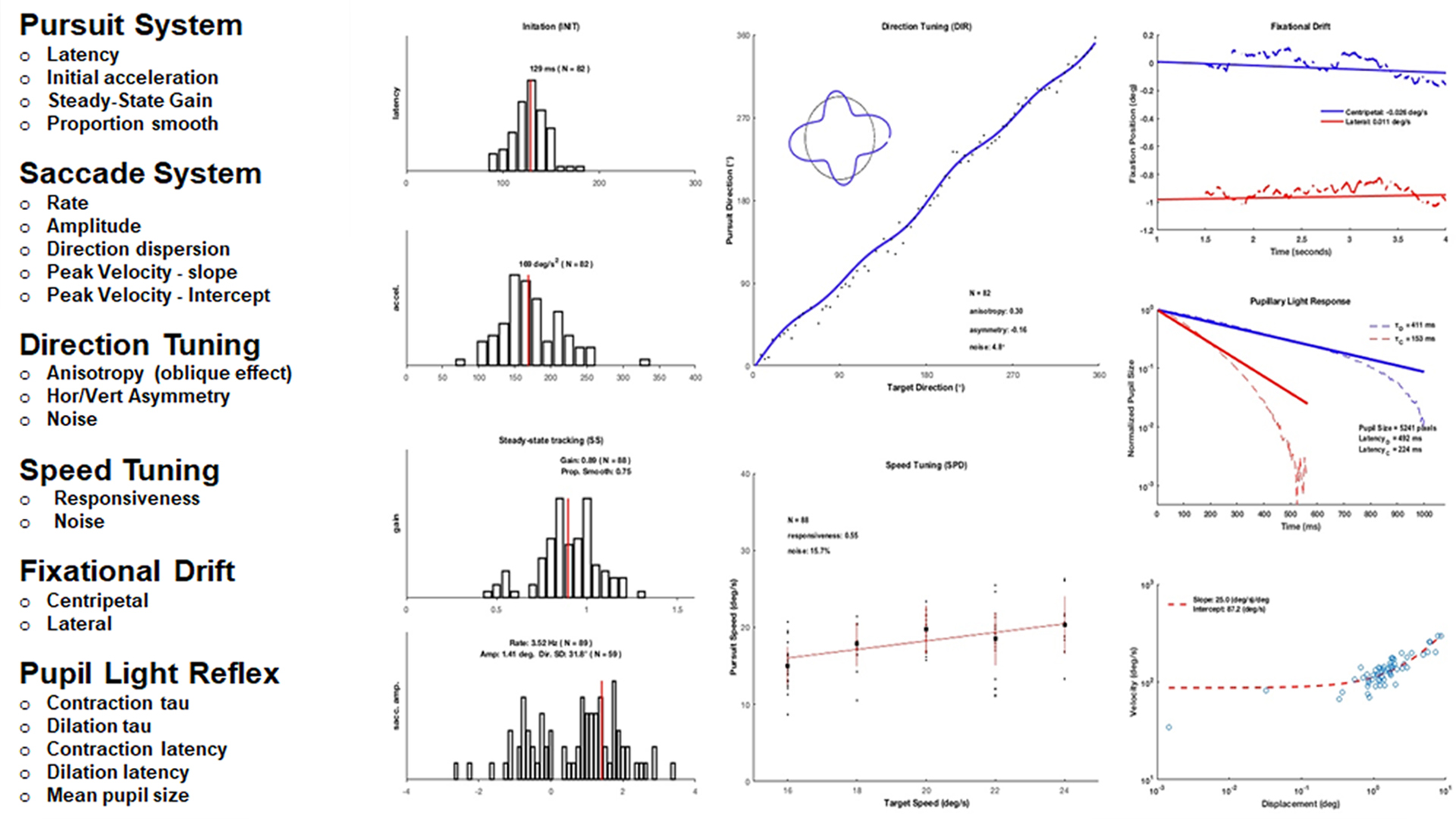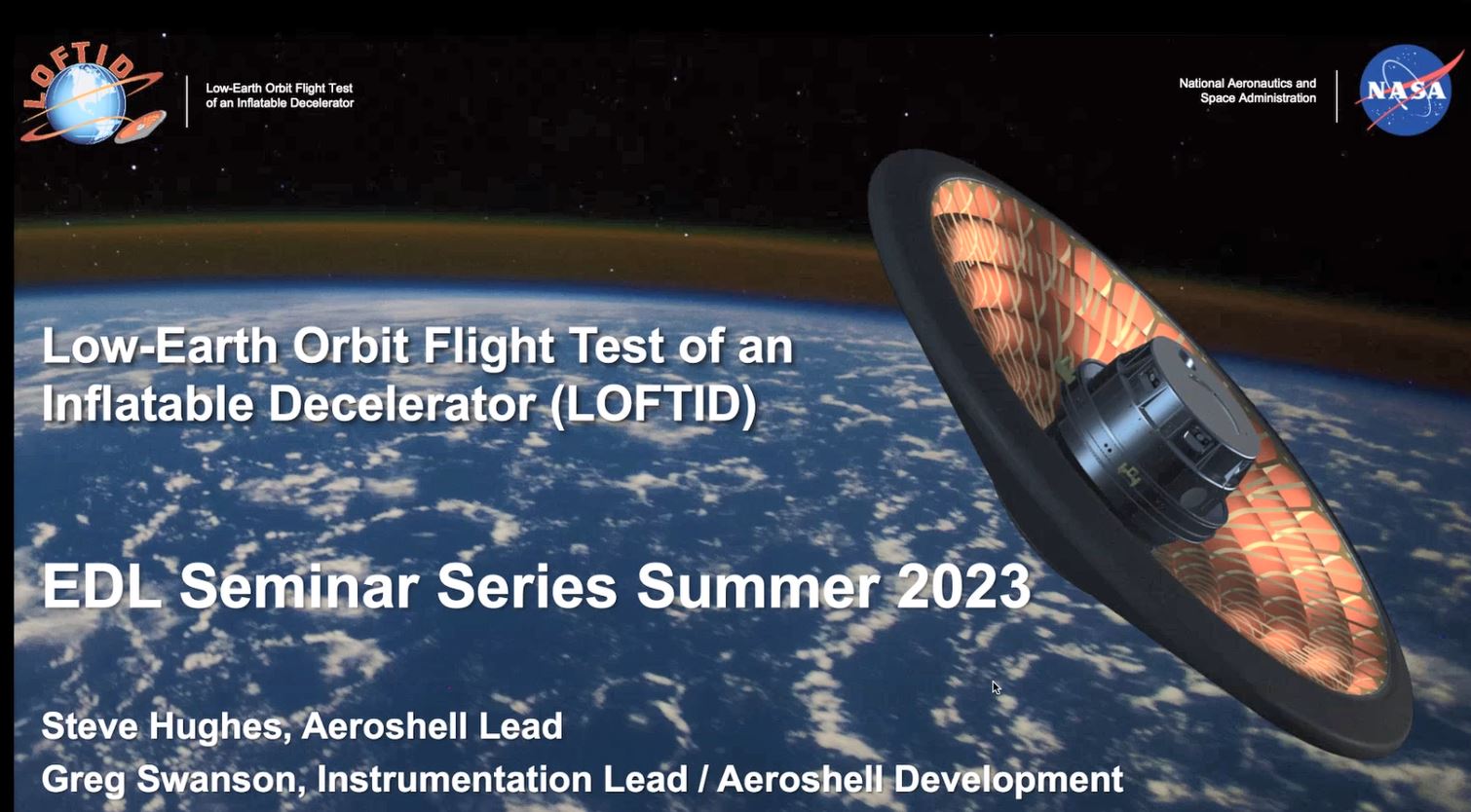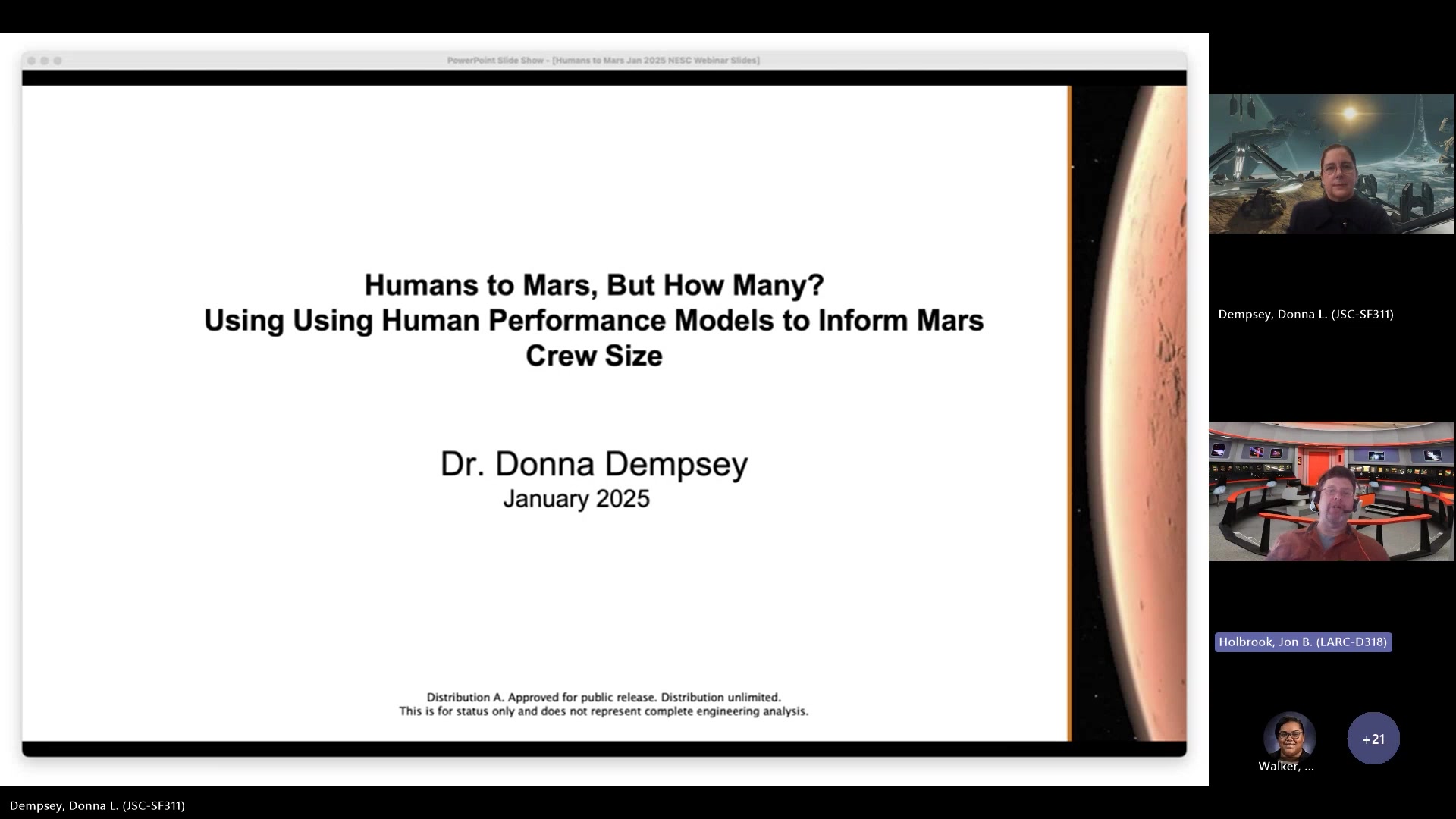Assessing the Human for Flight
Virtually all regulatory agencies around the world require some type of medical assessment of pilots (and astronauts) to ensure they are medically qualified for flight duties. Medical examination in these cases in distinct from the normal, “clinical” practice of medicine because one is determining medical qualification for a particular series of tasks, and not diagnosing or treating disease.
Hence, the medical examiner acts on behalf of the regulatory agency to help ensure safety of flight. In this context medical assessment entails:
1) The performance of specific examination REQUIREMENTS (which can vary depending on the type and duration of flight), then;
2) Identifying whether or not the individual meets specified STANDARDS, and if not;
3) Determining the appropriate WAIVER questions or concerns that must be satisfactorily addressed before a safe return to flight can be implemented.
Specific areas to be covered include the unique concerns of the aviation and space environments, the “1% Rule”, and the shift in focus in recent years from screening tests to risk factor identification as the better way to mitigate medical risk of flight. Likewise, medical examination involves medical SURVEILLANCE, in which the individual is assessed to determine if he or she demonstrates untoward health effects as a result of working in an abnormal environment. Time for questions and answers will be available at the end of the talk.
